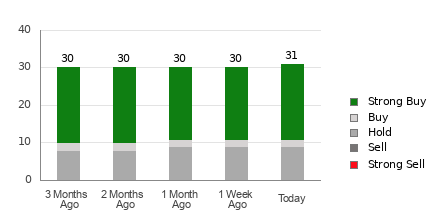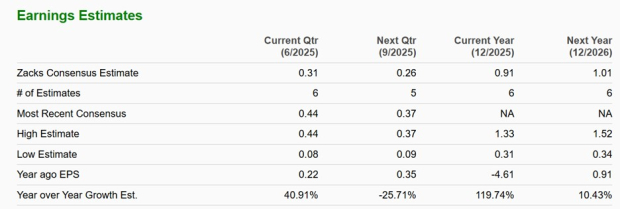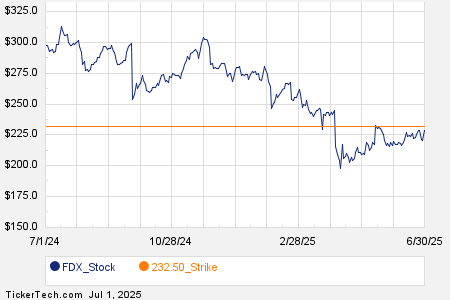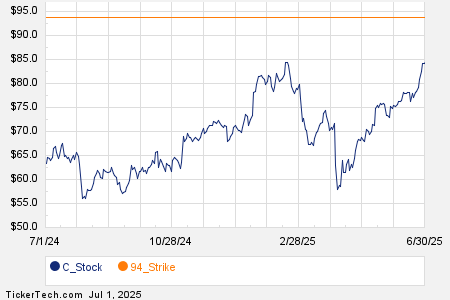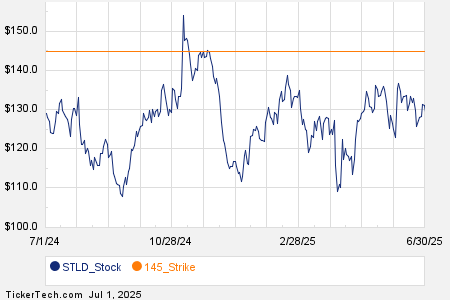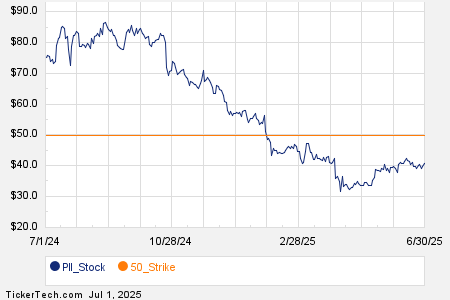Embarking on an Initial Public Offering (IPO) journey is akin to sailing through uncharted waters for any company. At the helm of this daunting expedition are the accountants, the unsung heroes who form the backbone of the IPO process. With a steady hand on the tiller, these financial experts meticulously plan and execute each phase of the IPO, steering the ship towards the shores of success. If accountants maintain their composure, harness the power of technology, and adhere diligently to their checklists, triumph becomes an achievable feat. Revisiting the basics of their profession, they adopt a methodical approach, laying out a roadmap and following it meticulously to ensure a smooth IPO voyage.
Navigating Step One: Evaluation
One of the cardinal laws known to all is Murphy’s Law: “Anything that can go wrong will go wrong.” To navigate the potential obstacles on the IPO journey, conducting a thorough assessment becomes imperative. This phase is akin to embarking on an information-gathering odyssey, where accountants meticulously gather data to equip the company for the road ahead. During this stage, accountants must present financial statements, examine issues related to cheap stock to evade SEC scrutiny, and conduct exhaustive customer diligence calls.
Partnering with an IPO readiness firm during this phase serves as a crucial lifeline. These firms bring a wealth of know-how to the table, assisting in ironing out potential accounting discrepancies and offering invaluable insights during the business section drafting for the IPO. This collaboration ensures that no stone is left unturned, establishing a firm foundation for the journey ahead.
Internal audit readiness is another pivotal aspect of the evaluation phase. Accountants must scrutinize the company’s internal controls, ensuring they align with the stringent standards expected of a public entity. This involves rigorous testing, supplemented by AI automation, to detect and address any vulnerabilities. By tackling these issues proactively, the company can circumvent costly delays or complications in later stages of the process.
Critical Examination in Step Two
Once the groundwork is laid, the subsequent step involves a rigorous analysis of the accumulated data to forecast the company’s financial trajectory. Accountants and investors alike eschew venturing into the unknown without a clear roadmap, and this analysis phase provides the requisite clarity and confidence to forge ahead.
This phase demands a symbiotic relationship between accountants and research analysts, collaborating to craft the most comprehensive and accurate analyst model possible. Expect a volley of feedback during this phase of the IPO journey. Rather than viewing this as a stumbling block, it should be embraced as a vital part of the refinement process, fostering open communication. This partnership and fine-tuning ensure that all financial projections are as precise and realistic as possible, equipping the organization for the final steps.
This stage also entails stress testing various financial scenarios, a task made more efficient with AI models aiding accountants in speedy analysis. Considering diverse market conditions and their potential impact on financial performance is imperative. By subjecting these scenarios to simulation, accountants can pinpoint potential risks and devise strategies to mitigate them, ensuring the company is resilient in the face of uncertainty.
Action-Oriented Step Three
Armed with a meticulously drawn map and all necessary tools, the final leg of the journey beckons. For accountants, this stage doesn’t mark the actual IPO launch but focuses on completing and submitting all required documentation. This includes the final analyst model, the preliminary valuation update, and addressing any queries or comments from the SEC.
Execution is the name of the game during this phase—translating all plans, evaluations, and analyses into action. The meticulous groundwork laid in earlier phases pays dividends here, enabling accountants to furnish precise, well-supported documentation that complies with regulatory standards and positions the organization for a successful IPO.
Furthermore, accountants play a pivotal role in crafting the company’s financial communications strategy at this juncture. They meticulously shape the messaging to be presented to potential investors, ensuring it accurately mirrors the company’s financial standing and growth potential. Effective communication forms the cornerstone of fostering investor confidence and securing the desired valuation.
The Unsung Heroes
Accountants emerge as the beating heart of the IPO process. While they pass the baton to compliance teams and company leaders as the IPO date looms, their role remains indispensable for future success. Though the company’s leaders may take the spotlight during the IPO debut, the sturdy platform they stand on owes its existence to the relentless dedication and unwavering efforts of the financial team. The same holds true for compliance teams; without the meticulous financial groundwork, their tasks become exponentially more challenging.
The journey towards an IPO stands as a testament to the meticulous and indispensable work carried out by accountants. By maintaining composure, staying organized, and ensuring every detail is meticulously addressed, they pave the way for a seamless transition to a publicly traded entity. While the IPO marks a momentous occasion for the company, it is the accountants who lay the groundwork, ensuring each step is taken with precision and care.


